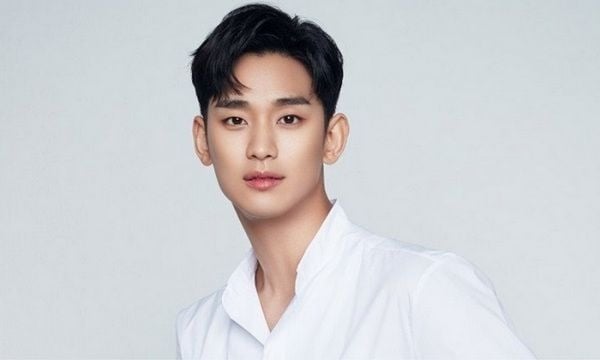Facial features and their association with fate and prosperity have long been a subject of intrigue, with ancient proverbs such as “Larger ears bring good fortune and longevity, while a smaller nose signifies a struggle to amass wealth.” But is there any truth to these sayings?
Physiognomy, the practice of evaluating a person’s character and destiny based on their outer appearance and aura, has sparked skepticism. Even Confucius cautioned against judging a book by its cover, so to speak. He once misjudged a man’s capacity for learning based solely on his unattractive physical appearance. However, the man proved him wrong by persevering and ultimately earning recognition.
The Significance of Ear and Nose Size
In physiognomy, the size of one’s ears and nose holds significant weight in foretelling their destiny. Interestingly, there is a grain of truth to the saying about ear size and longevity. Research reveals that the ears of centenarians tend to be larger, with an average length of 7 cm compared to the average 6.5 cm for the general population. This difference can be attributed to the continuous growth of human ears, lengthening by about 1 mm every decade.
Hence, the larger ears of the elderly lend some credence to the proverb. Additionally, those with longer lives often enjoy harmonious family relationships and are blessed with devoted offspring.

Physiognomy places significant emphasis on the role of ear and nose size in predicting one’s fate.
On the other hand, the saying about nose size and wealth accumulation finds less support in reality and seems rooted in ancient aesthetic preferences. Historically, men with larger noses were considered more attractive and exuded an air of strength.
However, physiognomy’s assessments of various body parts, such as associating women’s talkativeness with a wider mouth, are less than convincing. From a modern perspective, these judgments fall short, as a wide mouth does not necessarily equate to a lack of discretion, nor does a smaller mouth guarantee the opposite. Such physical distinctions as a basis for characterization are not without controversy.
The Accuracy of Physiognomy
As previously mentioned, the correlation between ear size and longevity in the elderly is well-documented. Many of the conclusions drawn in physiognomy stem from this observable phenomenon. For instance, bright eyes are deemed a sign of good fortune, while dull eyes suggest the opposite. Taken at face value, these assertions might seem perplexing, but a deeper analysis reveals a connection.

The correlation between ear size and longevity in the elderly is a key observation in physiognomy.
An individual with a happy family life and a successful career is more likely to exhibit a positive spirit, reflected in their bright eyes. Conversely, those burdened by pressure and stress often present with a duller appearance. In social interactions, individuals with a brighter aura tend to be favored, which can positively impact their opportunities and success.
Rather than attributing fate and destiny solely to physical attributes and aura, it is more accurate to say that life experiences greatly influence one’s appearance. If physiognomy were an exact science, there would be little room for personal growth and ambition.
A case in point is Jack Ma, the founder of Alibaba, who, by physiognomy standards, might not have been predicted to attain such immense wealth. The historical emphasis on physical appearance and bearing for those seeking official positions contributed to the development of physiognomy.
In the absence of advanced scientific knowledge, folk legends and practices like physiognomy offered solace and explanation. Alongside physiognomy, other legends persisted, some amusing and others to be taken with a grain of salt. For instance, during the Wei and Jin dynasties, ‘Wu Shi Tan’, a type of drug, was favored by the upper class, but it was essentially a form of narcotic.
The Secret to a Long Life: An Easy and Surprising Way to Live to 100
Have you ever wondered about the secrets to longevity and why some people manage to live to a ripe old age of 100 and beyond, with good health and a sharp mind? A recent study has unveiled an intriguing insight into this very phenomenon, offering a simple yet powerful key to a longer life, devoid of the complexities of strict dieting and intense exercise regimes.



































